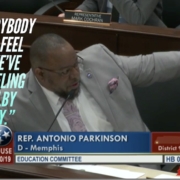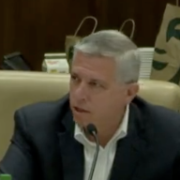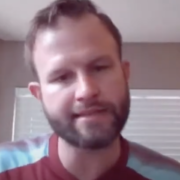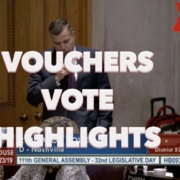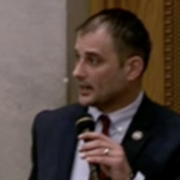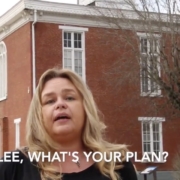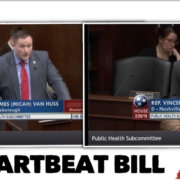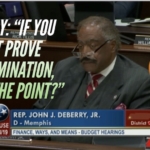Gov. Lee’s Charter School Agency Bill (TEA Called “Worst Ever”) Passes Ed Committee
Gov. Bill Lee’s proposal to create a new state agency to oversee charter schools Tennessee passed the House Education Committee today on a 13-9 vote.
House Bill 940, as amended by the committee, would create a new charter school commission within the state education department and take over duties relating to charter schools currently handled by the state board of education.
The most controversial component of the legislation—a measure that would allow the new commission to approve charter school applications anywhere in the state without local school board input—was removed at the behest of nervous Republicans who likely heard an earful from their local public education officials.
In the bill’s current form, new charter applications would first be heard by local school districts. In the event that local school officials deny an application to open a new charter school, the new nine-member commission, appointed by the governor and approved by the legislature, could hear an appeal from the charter applicant and overturn the local decision.
As we previously wrote, charter schools are essentially private schools which take public school dollars away from brick and mortar public schools. Many are fly-by-night operations that take as much public money as they can and then disappear.
In the past week, New Vision Academy closed down in Davidson County because of problems with building fire codes. According to reports, a federal investigation also is being conducted into its operators.
This bill would mean charter schools like New Vision could be approved by a board that doesn’t even live in an area, leading to money for those kids being steered away from that area’s public schools – including in rural areas of TN which already barely have enough money to fully fund their existing public school systems.
Rep. Antonio Parkinson (D-Memphis) seemed to take morbid delight in the fact that this would mean charter schools opening up in districts around the state the way they have been in Shelby County, and had this to say:
“One thing I do like about this bill: Everybody gets a taste of the charter medicine throughout the state… everybody gets an opportunity to feel what we’ve been feeling in Shelby County. Under the state school board, there have been 70+ applications, but the board only approved 3- and the 3 were in Shelby and Davidson County. Imagine that. This opens up a nice little floodgate for the rest of y’all to see what we’ve been screaming bloody murder about. Y’all get a chance to feel what that feels like, and see what we’ve been screaming about the last few years.”
Or, as Rep. Jason Hodges (D-Clarksville) put it:
“Just because someone’s unhappy with the schools in their district doesn’t mean they need to take steps to destroy the schools in my district or other districts. The bill wouldn’t just affect their communities, it affects all communities. Charters may not be in Montgomery County yet, but if this happens they’ll be there soon destroying our public school system. No thank you.”
Two issues almost completely absent from the Education Committee’s debate of the bill: the costs passed onto local school districts when a new charter school opens and the academic effectiveness of charter schools in Tennessee.
The legislature changed state law in 2002 to allow for the creation of charters schools, which are funded by state and local tax payers but operate independently, picking their own curriculum and managing their own budgets.
Over the years, lawmakers have loosened the rules and added tax dollar investments to allow for more charter schools and enrollment at charter schools has jumped more than 500 percent since 2010.
The program keeps growing in spite of the fact that, statewide, students at Tennessee’s charter schools under performed district-run schools on end-of-course exams.
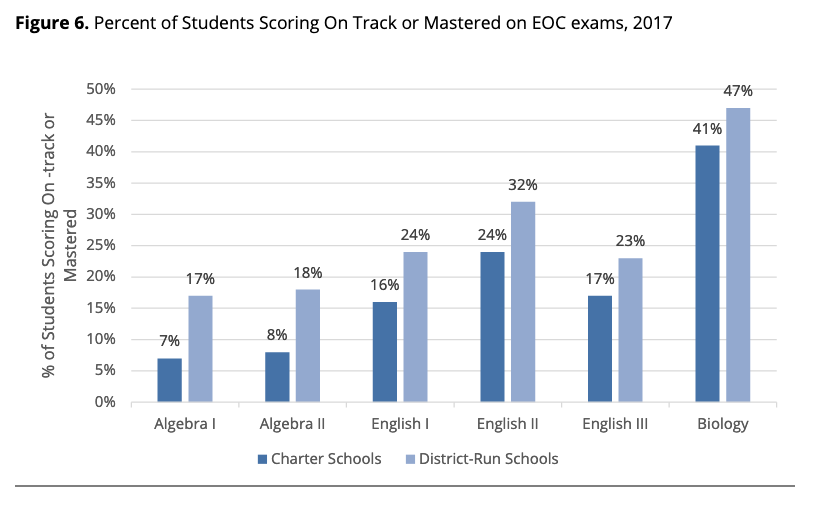
And according to a 2018 report by the Tennessee Department of Education, “both charter schools and district-run schools display considerable variation in overall effectiveness” as it relates to student academic progress.
Still, there are 116 charter schools operating in Tennessee today. And Gov. Lee’s new charter school agency could expand the charter footprint even further.
The academic growth and success of students should be primary consideration when lawmakers consider whether a program is worthy of additional investment. But that issue was not discussed on March 20.
“It’s probably the worst charter bill I’ve ever seen, and I can’t see legislators passing it,” said Jim Wrye, chief lobbyist for TEA. https://t.co/6jxOf6cxWX
— TN Education Assoc. (@TEA_teachers) March 12, 2019
Next step:
The bill will be heard next by the House Government Operations Committee, which meets next on Monday, March 25 at 2 p.m.
How they voted: House Education Committee passed the bill 13-9, March 20.
Representatives voting for the bill:
Rep. Charlie Baum, R-Murfreesboro, District 37
Rep. David Byrd, R-Waynesboro, District 71
Rep. Scott Cepicky, R-Culleoka, District 64
Rep. Bill Dunn, R-Knoxville, District 16
Rep. Tom Leatherwood, R-Arlington, District 99
Rep. Debra Moody, R-Covington, District 81
Rep. John Ragan, R-Oak Ridge, District 33
Rep. Iris Rudder, R-Winchester, District 39
Rep. Jerry Sexton, R-Bean Station, District 35
Rep. Kevin Vaughan, R-Collierville, District 95
Rep. Mark White, R-Memphis, District 83
Rep. Ryan Williams, R-Cookeville, District 42
Rep. John DeBerry, D-Memphis, District 90
Representatives who voted against the bill:
Rep. Mark Cochran, R-Englewood, District 23
Rep. Jim Coley, R-Bartlett, District 97
Rep. Kirk Haston, R-Lobelville, District 72
Rep. Chris Hurt, R-Halls, District 82
Rep. Terri Lynn Weaver, R-Lancaster, District 40
Rep. Vincent Dixie, D-Nashville, District 54
Rep. Jason Hodges, D-Clarksville, District 67
Rep. Harold Love, Jr., D-Nashville, District 58
Rep. Antonio Parkinson, D-Memphis, District 98
Absent/Missed the vote:
Rep. John Mark Windle, D-Livingston, District 41
Thanks for reading! We’re an independent, reader-supported site that depends entirely on you to help us keep holding our public officials accountable and “Yelling the Truth”, so please consider chipping in a $3, $5, or $10 monthly and we’ll keep telling the stories nobody else will:

